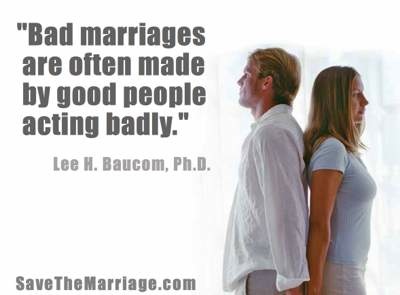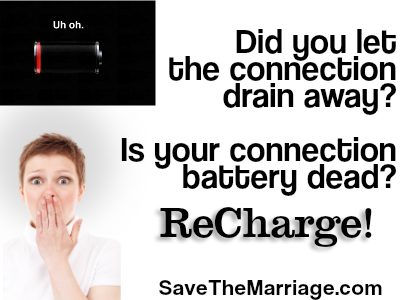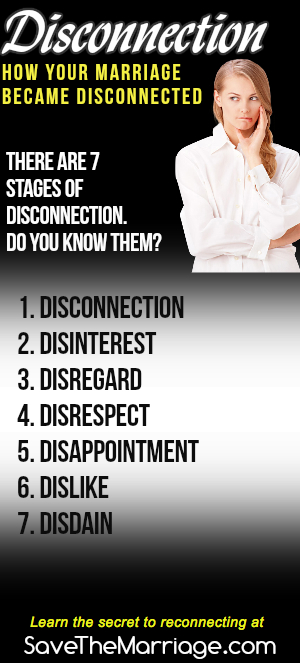“I Love You, But I’m Not In Love.” What It Means, What To Do: #63
https://savethemarriage.com/stmblog/wp-content/themes/corpus/images/empty/thumbnail.jpg 150 150 Lee H. Baucom, Ph.D. Lee H. Baucom, Ph.D. https://secure.gravatar.com/avatar/669b7e375d93f77521ddaba08adb8063?s=96&d=blank&r=pg “I love you, but I’m not in love with you.” That single statement starts more marriage crises than any other sentence.
“I love you, but I’m not in love with you.” That single statement starts more marriage crises than any other sentence.
To be clear, the issues were already there.
It’s just that many times, one spouse does not know how disconnected the other spouse is feeling.
But when that one statement drops, everything changes. The issues are out there. The problems begin to emerge.
The festering infection is now brought to the surface.
Sometimes, the infection has been festering for years — maybe even the vast majority of the relationship.
Maybe there have been some attempts to address the marital problems in the past. Sometimes, a habit here or there has been changed.
But the underlying dynamic that is causing the real marriage crisis, that has eluded efforts.
“I’m not in love with you” can feel like a kick in the gut. The emotional pain can double you over.
And when we are in emotional pain, we rarely respond in constructive and helpful ways. The infection can quickly overwhelm the marriage.
But what does that phrase REALLY mean? Why does it often appear “out of the blue?” Why is the spiral down so quick after this is spoken?
Let’s talk about this. In today’s podcast, I help you understand the meaning behind this phrase — and what to do about it!
If you want further help and have heard this phrase, please grab my Save The Marriage System. If you want further help, let me know at [email protected]
*
Podcast: Play in new window | Download
Subscribe: RSS






